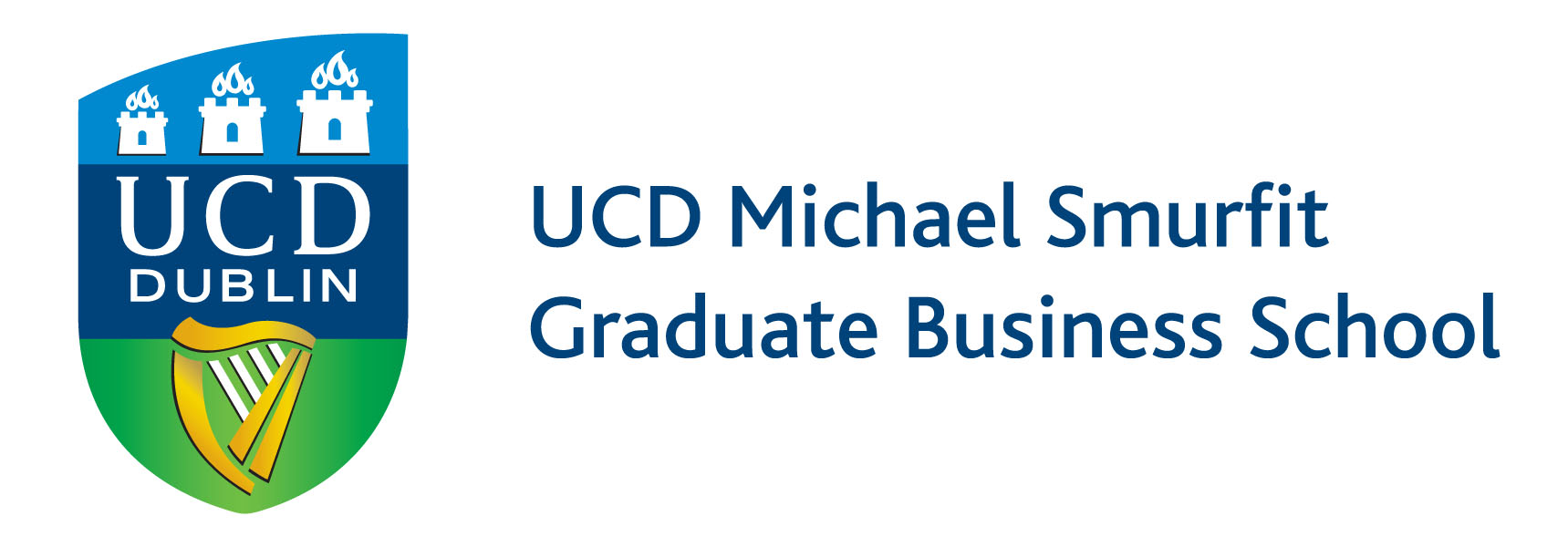When the world emerges from the coronavirus pandemic, the business landscape will be radically altered. Some companies will have closed their doors forever; some industries will be permanently changed.
“There’ll be hardship and new challenges, but there will definitely be opportunities coming out of that uncertainty,” explains JP Donnelly, chairman of WPP Ireland and lecturer at UCD Michael Smurfit Graduate Business School.
MBA students have a chance to seize these opportunities, but will require a specific, generalist skill set to navigate and make headway in this new environment.
Here’s how an MBA will prepare you for post-coronavirus leadership:
Focus on communication skills
Being able to communicate frequently ranks among the most desired skills for employers. It’s a core part of working among and leading a team.
During and after the coronavirus pandemic, communication has come to the fore. Leaders, in both politics and business, who have communicated clearly have been praised; those who have left their employees and shareholders in the dark have come under fire. 
“This is something that will really create meaningful leadership, as long as it has authenticity and truth to it,” JP (pictured right) explains.
This comes down to keeping a company’s values at the core of everything you do, and creating an open and honest line of communication to all the various stakeholders you work with.
Communication forms the backbone of the leadership journey for UCD Smurfit School MBA students, when, on the Foundation Week which takes place at the start of the curriculum, they are introduced to communication and presentation skills.
Chances to apply this are manifold, such as the MBA Leadership Development Program, and leading up to the MBA Capstone Project which gives students the chance to apply these leadership skills to real company problems.
Rigorous preparation for remote working

Many will remember the weeks at the outset of the pandemic when work, learning, and socializing all moved online. As lockdown and quarantine is slowly lifted and social distancing eased, many will return to their offices or places or work.
But remote working will become a far more integrated part of the way we work.
“We won't be swanning all over the world like we have been in the past, but again companies will be working hard to continue to transact business internationally, and we’ll be doing that a lot more virtually,” says Niamh Brennan (pictured above), professor of management at UCD Smurfit School, and founder and academic director of the UCD Centre for Corporate Governance.
This goes beyond just mastering tools like Zoom and Microsoft Teams, knowing when to mute and unmute yourself. Remote working will require an entire rethinking of many products and services.
Given that business schools, with many international students, are likely to retain remote learning components, an MBA is a great place to gain a deeper understanding of how remote working can be applied, and even transform a workplace.
Online consulting projects, which have temporarily replaced international consulting projects, at UCD Smurfit are the perfect training for students looking to apply their skills remotely to other companies.
Niamh stresses that a big part of this is critical thinking, which is a key skill they try and instill in their MBA students at UCD Smurfit School. “This is about not taking things at face value. This is valuable to businesses, especially those under extreme pressure at the moment.”
Data and digital transformation
It isn’t just traditional workplaces that are going to move online after the lockdown. Products and services in all industries will have to grapple in the coming months with a more online, digital offering. Brands in particular can no longer rely purely on the in-person retail experience.
JP teaches digital transformation as part of the Global Network for Advanced Management (GNAM) Global Network Week on the MBA at UCD Smurfit School. This brings together students and faculty from across the GNAM partnership to see how you can transform companies through digital technology.
Things like artificial intelligence, virtual reality, blockchain are no longer just gimmicks or buzzwords to businesses.
“These are all things that will start creating value for companies, and they need to recognize that technology can intermediate the organization,” he says.
In marketing, JP’s field of expertise, big data and artificial intelligence are rapidly advancing as a way of creating a closer connection between brands and customers. This is in even higher demand in a post-coronavirus world which will inevitably be more online-focused.
“Data will help insight and manage customers better, to build a more meaningful experience for customers.”
It’s clear that there will be many permanent changes after the lockdown. Economically, the next few years is going to be fairly rough and uncertain for businesses and business professionals.
But the flipside of change and uncertainty is opportunity. For those finding themselves at the crossroads of different opportunities, an MBA is a prime opportunity to upskill or retrain.
“I can't think of a better way to spend a year at a crossroads than doing an MBA. You are bound to be a different person at the end of it than before it,” Niamh stresses.








